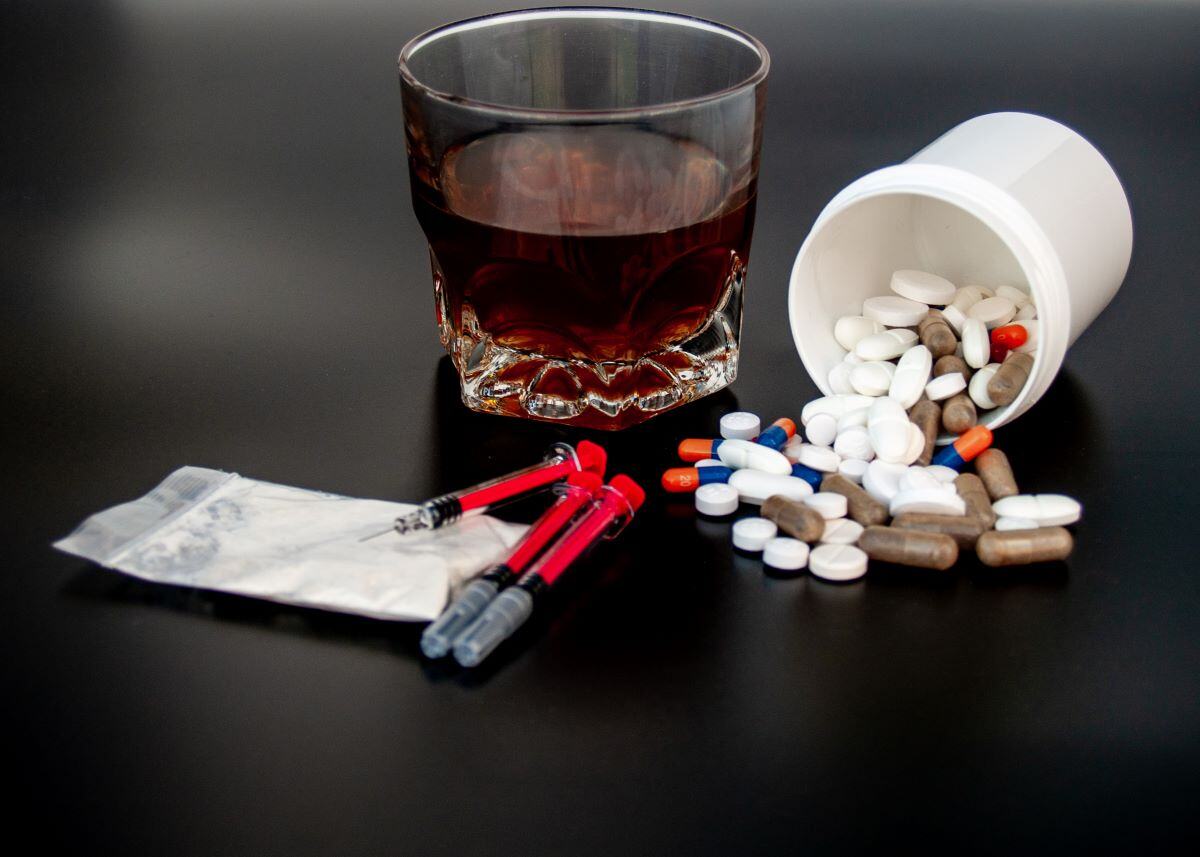Mixing barbiturates with alcohol is far more dangerous than most people realize. Both substances slow down the brain and body, and when combined, can overwhelm the body, leading to dangerous side effects and even overdose. Before you reach for that margarita, remember that a barbiturate-alcohol concoction can result in a deadly outcome.
Why is the combination of barbiturates and alcohol so risky? What are the signs to look out for, and what steps can you take if you or a loved one is struggling?
Key Takeaways
- Mixing barbiturates and alcohol is dangerous because both substances depress the central nervous system.
- Common symptoms when combining the two substances include drowsiness, minimal motor ability, labored breathing, and impaired judgment.
- A barbiturate and alcohol interaction could lead to life-threatening repercussions.
- Using barbiturates and alcohol together increases the potential for dependence and addiction.
- If you or a loved one is struggling with misuse, professional help is available.
Is Alcohol a Barbiturate?
No, alcohol is not a barbiturate. Many people mistakenly believe that alcohol is a barbiturate because both amplify the effects of GABA (gamma-aminobutyric acid) in the brain, depressing the nervous system and causing sedation, impaired judgment, reduced anxiety, and drowsiness. When taken together, the effects can multiply and become deadly. Both alcohol and barbiturates are central nervous system depressants, which slow breathing, heart rate, and blood pressure.
Common examples of barbiturates include:
- Amobarbital
- Butalbital
- Methohexital
- Pentobarbital
- Phenobarbital
- Primidone
- Secobarbital
What Happens When You Mix Alcohol and Barbiturates?
Mixing barbiturates and alcohol can lead to the following symptoms:
- Extreme toxification
- Drowsiness
- Impaired judgement
- Lack of coordination
- Decreased motor skills
- Dizziness
- Labored breathing
- Lowered heart rate
- Dry mouth
- Slurred speech
- Memory issues
- Blackouts
- Overdose
When mixing alcohol and barbiturates, it’s impossible to determine how much is safe. For some people, even a small dose of barbiturates taken with alcohol could be deadly.
A barbiturate and alcohol interaction not only poses serious risks to the body but also increases the risk of addiction, since both substances are potentially addictive. Notice the cycle: Addiction to barbiturates or alcohol can lead the user to mix them, and mixing them may lead to addiction.
Mixing Barbiturates and Alcohol Can Turn Deadly

Barbiturates and alcohol create an effect that is far stronger than either substance alone, putting the body under extreme stress. Dangerous complications can develop when mixing alcohol and barbiturates, such as:
- Hypovolemic shock - when the heart can’t pump enough blood
- Respiratory arrest - when breathing completely stops
- Coma - a deep, prolonged state of unconsciousness
Signs of Addiction to Barbiturates and Alcohol
Watch for these warning signs that may signal an alcohol and barbiturates addiction:
- You need increasing amounts of the drug to get the same effects. If you increase your dose without professional guidance, your body will develop tolerance to the drug, and you’ll need more of it to achieve the initial effects.
- You find yourself reaching for the drug whenever you want to relax or sleep. (The calming effects the drug provides are addictive.)
- You take the drug despite your doctor’s warnings.
- You always drink when you are on barbiturates.
If you or someone you know is struggling with addiction to alcohol and barbiturates, we can help. Contact Avenues Recovery Center to receive personalized and professional addiction treatment.
Withdrawal From Barbiturates and Alcohol
When one stops taking barbiturates and alcohol, they will experience difficult withdrawal symptoms as the body tries to manage without the drugs. Common alcohol and barbiturate withdrawal symptoms include:
- Seizures
- Hallucinations
- Anxiety
- Insomnia
- Fever
- Tremors
- Mood swings
- Aggression
Treatment for Barbiturates and Alcohol Addiction
Struggling with an addiction to barbiturates and alcohol is difficult, dangerous, and even deadly.
The following steps ensure a complete and safe recovery:
- Detoxification: Under medical supervision, all drugs and dangerous toxins leave the body.
- Medication: Medication is administered to help manage withdrawal symptoms.
- Therapy and counseling: Group or individual therapy helps users discover the causes of the addiction and addresses those issues accordingly. Coping mechanisms are taught so that instead of turning to the drug to numb emotional pain, the client will resort to healthier alternatives.
Find Barbiturates and Alcohol Addiction Treatment at Avenues Recovery
We understand that traversing the path of addiction is unnerving and confusing - that is why we are here. Our outstanding drug and alcohol rehab facilities are staffed with warm, competent, and empathetic addiction specialists who will guide and support you every step of the way to recovery. We have helped over 40,000 individuals break free of their addictions, and we can help you, too. Reach out today to start your journey toward a happier, healthier, and sober life.
Barbiturates and Alcohol FAQs
What are the signs of a barbiturate and alcohol overdose?
Signs of a barbiturate and alcohol overdose include extreme drowsiness, confusion, slow or irregular breathing, dangerously low blood pressure, loss of consciousness, or coma.
Is phenobarbital safe to take with alcohol?
No, phenobarbital is not safe to take with alcohol because combining the two can intensify drowsiness, affect coordination, and alter the intended effects of the medication.
Can barbiturates and alcohol affect sleep?
Yes, barbiturates and alcohol can affect sleep, disrupting natural sleep patterns and reducing sleep quality.
Are barbiturates and alcohol a common combination in suicide attempts?
There’s limited recent data on this combination because barbiturates are less commonly prescribed today. What matters most is that suicidal thoughts are a sign of distress that deserves attention. If you or someone you know is in crisis, reach out for help immediately.


